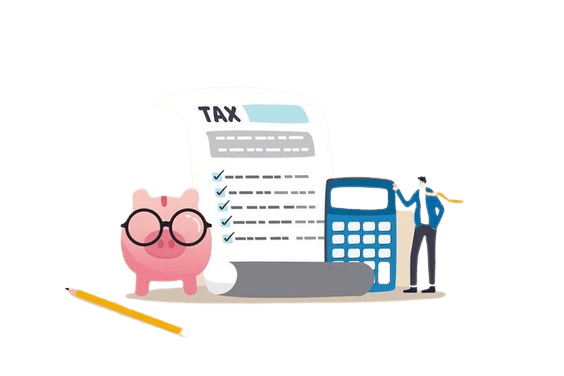Professional Tax Registration
₹ 9999 /-
₹ 6999 /-
500
Clients
10
CA/CS
4.9
Customer Rating
99.9
Customer's Satisfaction
Professional Tax Registration Process Online in India


Tax Payment and Penalty
Payment of Professional Tax
Consequences of Professional Tax Regulation Violation
Professional Tax Applicability




Benefits Of Professional Tax Registration Online In India


Tax and GST Filing Service
One of the best Fast and Secure Online Tax Filing Service in Hosur
Call To Action
Looking for Professional Guidance?

Frequently Asked Questions
Drawing a regular income in the form of a salary or professional fees for your services requires you to pay a professional tax. Every professional has to pay this tax to their respective state governments based on their earnings. However, the percentage of deduction differs along with states in India, and your final professional tax amount is likely to vary based on this.
An individual should obtain a registration certificate from the relevant authority if their employer does not withhold professional tax from their wage.
As mentioned earlier, if you are earning in India, you can pay professional tax. If you are employed, your employer makes a professional tax payment to the state government. If you are a professional with your practice, you need to make the professional tax payment on your own. The amount to be deducted depends on the slabs set out by every Indian state individually. However, the total amount of professional tax collected from you can never exceed Rs. 2,500.
The professional tax is determined by the gross monthly income corresponding to the income slab, as per the state where you are employed. So, if your gross income every month is Rs. 30,000 and you are working in Maharashtra, you are liable to pay Rs. 200 every month except February. You will be required to pay Rs. 300 only in February. This amount is derived based on the professional tax slab declared by the state. Your employer usually deducts this amount from your salary.
Different people are responsible for paying the professional tax; for example, a paid employee's employer is accountable, but a self-employed individual is accountable.
A few states, like Maharashtra, have implemented the composition system, which allows anyone who owes professional tax of Rs. 2500 to pay the government even Rs. 10,000 and have their professional tax debt for the following five years cancelled.
Professional tax is a mandatory tax and there are penalties and fines in case of noncompliance. The penalties and fines in professional tax are levied for reasons like delay in registration, payment etc.
Professional tax is calculated based on salary slabs. There is a minimum salary under which there is no professional tax. The maximum amount of professional tax that can be levied on a person is Rs. 2500 per year. Different states have different salary slab structures for levying professional tax.
Professional tax is deductible from income prior to calculation of income tax, and hence appears at the top of the salary slip. It is deducted from the salary of the employee and deposited to the state government by the employer.
As specified under Section 5(6) of the Profession Tax Act, the penalty you will incur if you are found providing wrong information when applying for an enrolment certificate or a registration certificate is three times the amount of your total tax obligation. Thus, it is imperative to be thorough with the application process so that you can make neat, professional tax transactions all along.








